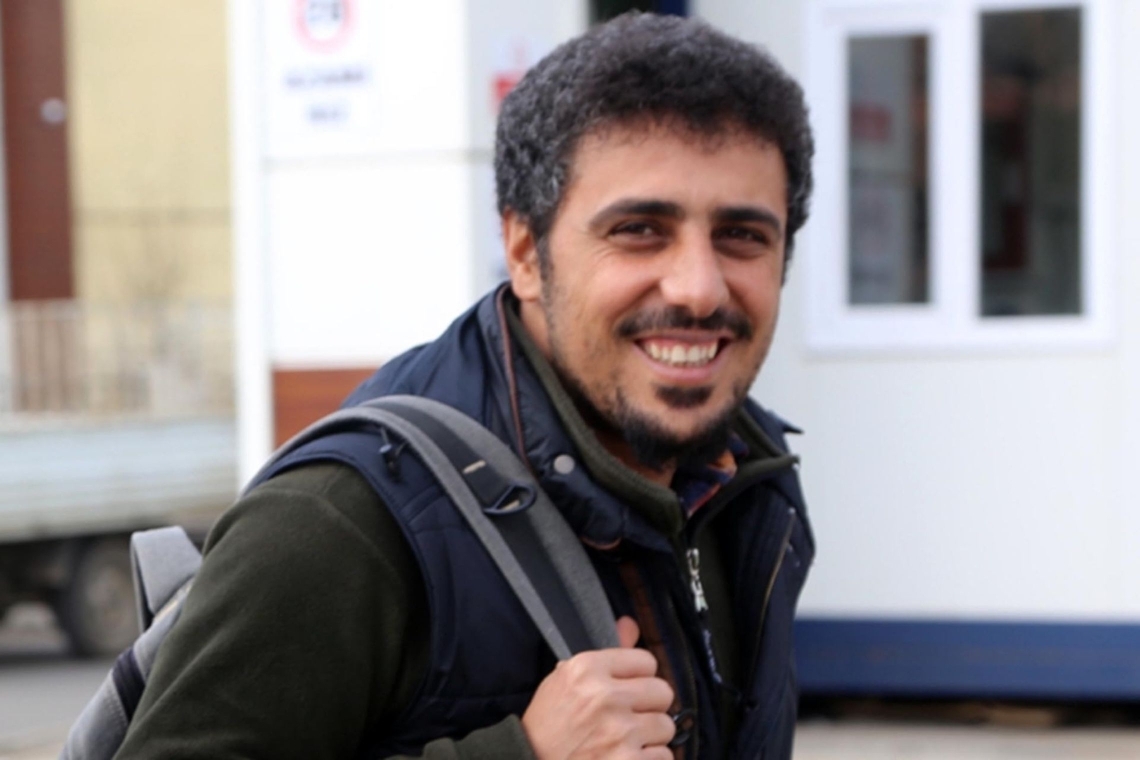Court of Cassation overturns journalist Aziz Oruç's prison sentence, cites freedom of expression
The Court of Cassation (Yargıtay) has overturned a two-year and one-month prison sentence handed to journalist Aziz Oruç for his social media posts, stating that the comments in question fell within the boundaries of freedom of expression. The case has been sent back to the Diyarbakır 9th High Criminal Court for a retrial, with the higher court emphasizing that Oruç should have been acquitted.
Oruç, who was working for the now-closed Dicle News Agency (DİHA), had shared several articles published between March 17 and May 23, 2016, on his Twitter account. These posts led to his conviction by the Diyarbakır 9th High Criminal Court on March 2, 2020, on charges of "terrorist propaganda." This decision was upheld by the Diyarbakır Regional Court of Justice 2nd Criminal Chamber on November 28, 2020.
However, in its ruling on March 21, 2024, the Court of Cassation’s 3rd Chamber annulled the conviction, stating that the lower court had wrongly sentenced Oruç and that his actions were protected by freedom of expression.
Yargıtay highlights freedom of expression
In its ruling, Yargıtay stressed the importance of freedom of expression, referencing Article 10(2) of the European Convention on Human Rights (ECHR). The court noted, "Freedom of expression applies not only to information and ideas that are favorably received, or regarded as harmless or insignificant, but also to those that offend, shock, or disturb. Such expressions are essential for pluralism, tolerance, and open-mindedness—without which there can be no democratic society."
Based on this reasoning, the court concluded that Oruç’s social media posts were within the scope of freedom of expression, and his conviction for "terrorist propaganda" was unlawful. The case will now return to the Diyarbakır 9th High Criminal Court for a new trial.



